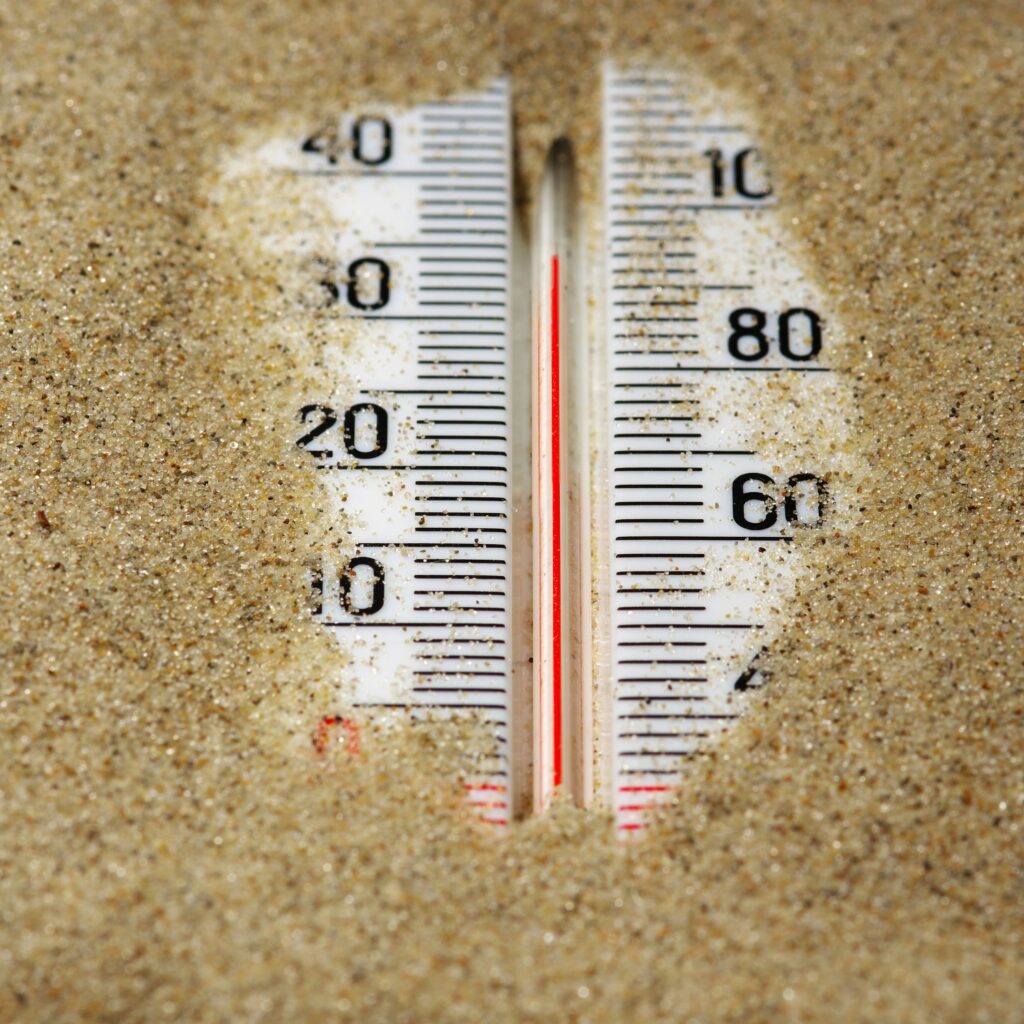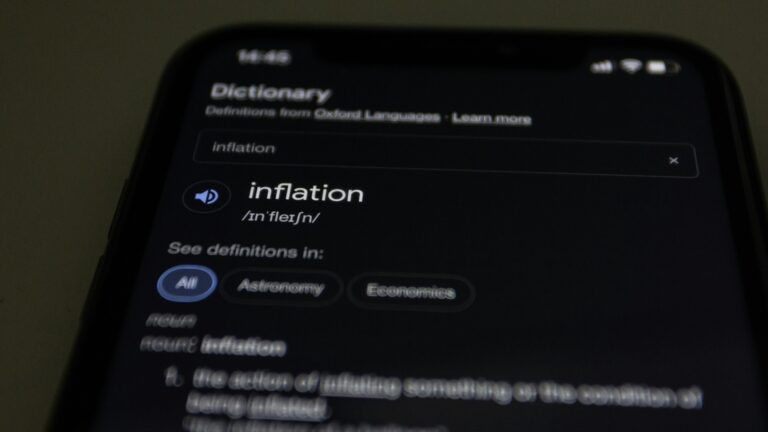
🧠 Why UK Heatwaves Are Becoming More Dangerous
With climate change fueling longer, hotter summers, the UK is experiencing an increase in severe heatwaves. The UK Health Security Agency (UKHSA) and Met Office regularly issue health alerts and weather warnings during these events. UKHSA official heatwave plan
🩺 Heat Exhaustion vs. Heatstroke: Know the Difference
Heat Exhaustion Symptoms (Needs prompt cooling):
- Headache, dizziness, confusion
- Heavy sweating, pale or clammy skin
- Fast, weak pulse
- Nausea or vomiting
First Aid:
- Move to a cool place, lie down, raise legs
- Drink water or electrolyte fluids
- Cool body with fans or wet cloths
Heatstroke Symptoms (Medical emergency—call 999):
- High body temperature (40°C+)
- Hot, dry skin (no sweating)
- Seizures, loss of consciousness
💧 Stay Hydrated the Right Way
- Drink: 2–3 liters/day; water, diluted fruit juices.
- Avoid: Alcohol, energy drinks, too much caffeine.
- Watch for signs of dehydration: Dry mouth, dark urine, fatigue, dizziness.
🏠 Keep Your Home Cool
Passive Cooling Tips:
- Close curtains/blinds during the day (especially west- or south-facing windows).
- Open windows at night for cross-ventilation.
Active Cooling:
- Use fans; place a bowl of ice in front for cool air.
- Spray/mist yourself with water.
- Take cool showers or baths.
🧊 Personal Cooling & Clothing Tips
- Wear lightweight, loose, light-colored clothes.
- Apply cold compresses to pulse points (neck, wrists).
- Avoid going out between 11 a.m. – 3 p.m.
👵 Protect Vulnerable Groups
At higher risk:
- Older adults
- Babies and young children
- People with chronic health conditions
- Pregnant women
- Those on medications (e.g., diuretics, antihypertensives)
What to do:
- Check on elderly neighbors and relatives.
- Ensure children are drinking fluids and playing in shaded areas.
- Talk to doctors if you or a loved one is on medications that affect hydration.
🌍 Heatwaves & Climate Change: What’s the Link?
The World Health Organization (WHO) and climate experts agree that global warming is increasing the frequency and severity of heatwaves across Europe, including the UK. WHO: Climate and Health
📞 When to Get Help
- Call 999 if someone shows signs of heatstroke.
- For general health advice, contact NHS 111 or a GP.
- Monitor weather alerts via the UK Met Office.
✅ Summary
Don’t take UK heatwaves lightly. Hydrate well, keep homes cool, check on vulnerable people, and know when to seek medical help. Simple steps can save lives.
⚠️ Disclaimer
This article is for informational purposes only and does not constitute medical advice. Always consult a qualified healthcare professional for individual health concerns.
👤 About the Author
Sandeep is a science writer for Pulsewire, specializing in public health and environmental reporting. While not a medical professional, He’s work is based on verified research from trusted organizations like the NHS, WHO, and UKHSA.









